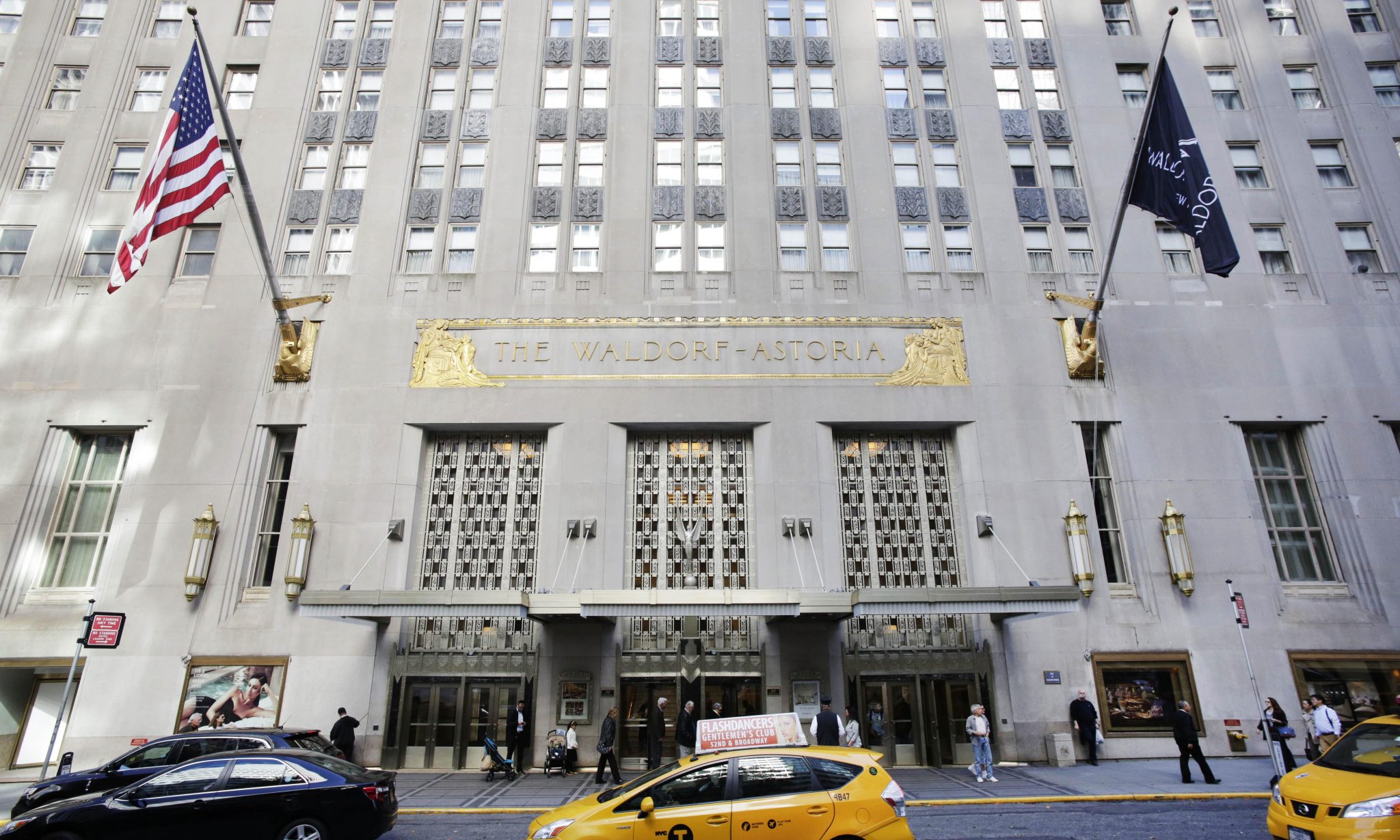I’m alive nowadays due to the fact I had a heart transplant at the age of 38. I grew up fearing what changed across the nook because I knew that my coronary heart would become unreliable. Life was a roller coaster of optimism and melancholy, the u. and downs of a destiny that ultimately trusted a person, someplace, giving me the most significant gift feasible – their heart. A lady who died before her time, who I will by no means get to thank, showed me that present. I can’t start to inform you what this was supposed to be and the people I love.

I was born with a congenital heart disorder referred to as transposition of the excellent arteries, where the heart’s main arteries are the incorrect way around. I had open-heart surgery (aged three), endocarditis (seven), a heart attack (13), mini-strokes (21), and a defibrillator outfitted in my 30s. By my mid-30s, I had developed heart failure and was deteriorating rapidly. My lifestyle became in limbo. I became too sick to recover but too properly for a transplant. There were not sufficient organs to be had, and others had more want. My wife did everything for me, bar washing and dressing. The international turned into passing me via;
I changed into too worn-out to hold up. At 6 am on 31 July 2009, after a year at the transplant listing, we received a call asking me to be available, and my lifestyle changed. After surgery, I questioned how effective my new heartbeat changed into – loud and flawlessly in time. It never deviated, it didn’t fail, and I cried for the kindness of strangers, the healthcare experts who take care of me, and my donor, dead at 50 from a mind hemorrhage, whose own family tragedy was my salvation.
Once out of the sanatorium, my fitness continued to improve. I had electricity. I was thrilled with duties like home tasks, passed human beings on my everyday walks, and became inpatient. I wrote a letter of gratitude to my donor’s circle of relatives and heard back with descriptions of her life. I am so privileged to experience knowing her and that my second risk in life provides a little solace for her own family. I couldn’t offer my antique coronary heart to someone in need, so I donated it to scientific studies. British Heart Foundation-funded researcher Dr. Sonya Babu-
Narayan of Imperial College London has been analyzing this defective organ for the past eight years as a part of her studies into the hearts of infants born with congenital disabilities. My experience and state of affairs have been now not precise. As of 31 March 2017, there were around 250 humans at the active coronary heart transplant listing. In 2016-17, 40 people inside the UK in want of a coronary heart transplant died simultaneously as at the listing. This is the fact for masses of significantly ill heart sufferers throughout England.





